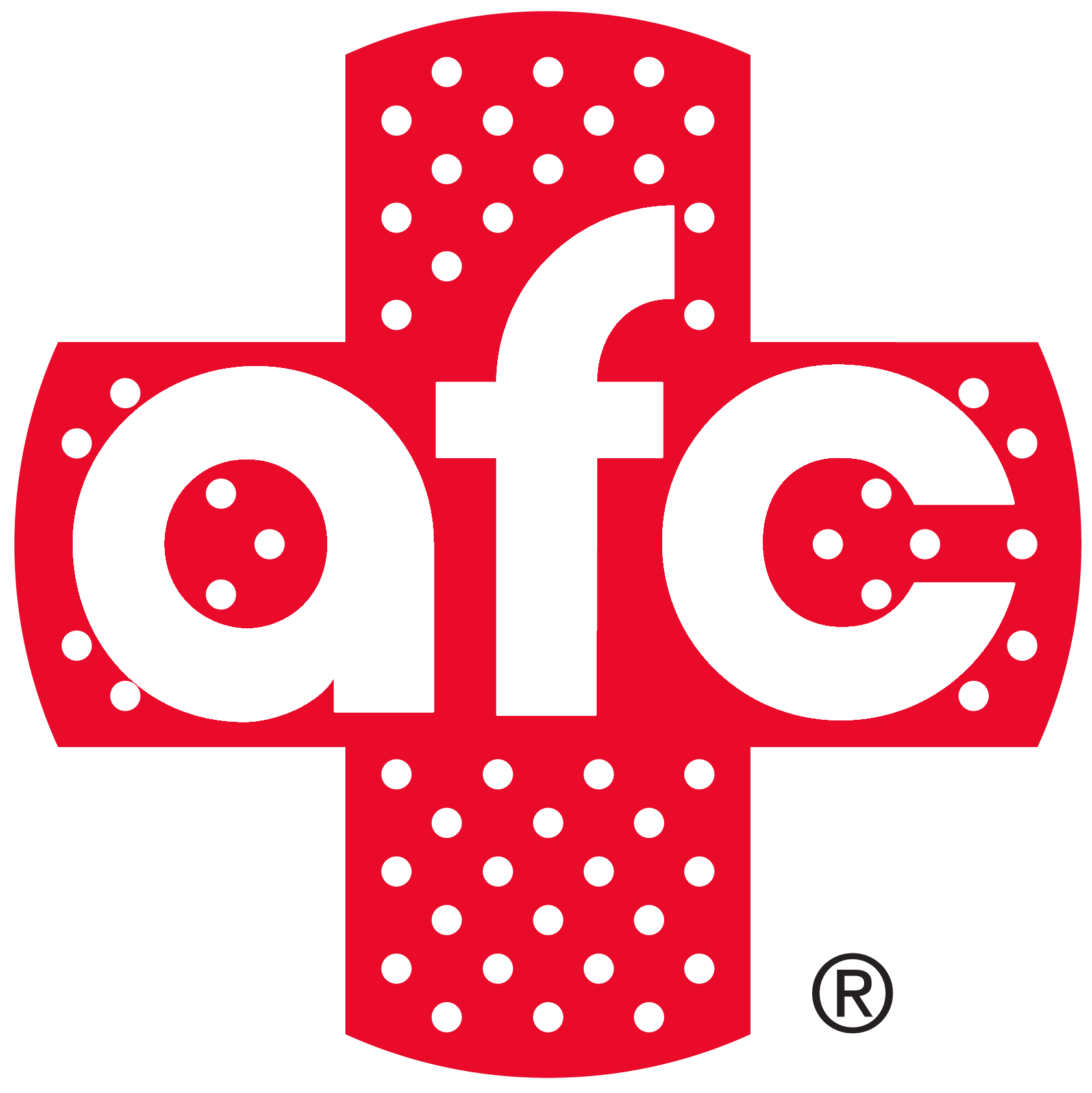Now Open M-F 7:30 am to 8:00 pm and Sa/Su 8:00 am to 5:00 pm
Find The Location Nearest Covid-19 Testing
We think you’re located in zip code 28205. Not Right?
$35 Sports Physicals for Middle School Students
Pre-Register NowSports Physicals | AFC Urgent Care of Monroe Road, NC
Playing sports is a great way to stay physically and mentally fit, but just as important, sports activities provide a way to socialize, learn teamwork and meet new people. Below we explain the importance of getting a sports physical at the start of your sports season.
What to know before your visit:
Bring any required forms including a completed health and immunization history.
If the patient has any previous history for any type of heart problem or heart condition, AFC Urgent Care requires documentation from the patient’s primary care or treating physician stating the condition does not prevent participation in sports.
We can only verify immunizations administered at our clinics or with appropriate documentation showing vaccination history.
What Is a Sports Physical?
A sports physical exam is also called a pre-participation physical examination (PPE). The exam assists in determining whether it is safe for you to participate in a certain sporting activity. Children and teens are required (in most states) to get a sports physical before they can start a new sport or prior to beginning a new season. However, even if a sports physical isn’t required, doctors still strongly advise obtaining one.
There are two major parts to a sports physical:
- Medical History
- Physical Exam
Medical History
This part of the exam covers:
- Family history of any serious illnesses
- Any current illness or previous illness when you were younger (asthma, diabetic issues, epilepsy or seizures)
- Earlier hospitalizations or surgeries
- Allergies to medication, food, or insect bites
- Previous injuries (broken bones, sprains/strains, dislocations, concussions)
- Loss of consciousness, dizziness or fainting spells.
- Any chest pain or discomfort
- Difficulty breathing when working out or exercising
- Frequent headaches
- heart problems (murmur or irregular heart beat)
- liver or kidney problems
- Any medicines that you regularly take. This includes both prescription and non-prescription medications, natural or herbal supplements.
- Mental health (depression, anxiety, perfectionism, stress, and attention deficits)
It is very important that a parent or guardian is available to help answer the medical history questions as many children may not know or remember their entire individual or family’s medical history. Most health care professionals agree that medical history is the most important aspect of the sports physical examination.
Physical examination
After the medical history portion of the exam, the physician or health care provider will usually perform the following:
- Record your height as well as weight.
- Test your blood pressure and check your pulse
- Perform vision and hearing tests
- Examine your heart, lungs, abdominal area, ears, nose, and throat
- Test for hernia
- Check your muscle strength and flexibility, posture, joints
- Depending on the child’s age the provider may check cholesterol, hemoglobin count, and perform a urinalysis.
The majority of the physical exam will be identical for both females and males. However, the doctor may ask different questions depending if the individual has started or gone through puberty.
The medical provider will additionally ask about any use of drugs, alcohol, or dietary supplements. This may include questions regarding the use of weight-loss supplements, steroids and/or other performance enhancers since these can impact an individual’s health.
Why Is a Sports Physical Important?
During the sports physical, the medical provider looks for any diseases or injuries that could make it unsafe for a person to participate by reviewing the family’s medical history and ensuring additional tests are performed if necessary. For instance, if you have asthma, a medical professional may suggest a different inhaler or adjust the dosage depending on the sport you are playing and/or your position. Your doctor may also have some training suggestions for preventing injuries. For instance, they might suggest particular stretching or strengthening exercises that help protect against injuries.
When should I get a Sports Physical?
Getting an annual sports physical is usually sufficient. You should try to have your sports physical done six to eight weeks before your season starts. That way, if the medical provider needs to treat a condition, refer you to a specialist, or do a follow-up exam, there will be enough time before your sports season begins to be cleared to play. Nobody will be happy if your sports physical is the day before sports practice starts and something comes up that needs to be addressed before you can suit up.
What if there is a problem after the exam?
After finishing the exam, the provider will usually complete and sign the sports physical exam form, but sometimes they may request additional testing, a follow-up examination, or recommend treatment for any medical issues discovered during the exam. It is also possible the health care provider might recommend certain modifications:
- like using special protective equipment
- if playing outdoor sports, carrying epinephrine shots with you for severe insect allergies
- using an inhaler if you have asthma
The great majority health concerns won’t prevent kids from participating in sports, but occasionally they may need treatment and a follow-up exam in order to play.
Finally, remember that even if you have a sports physical every season, if it is not a complete physical exam, you should still receive a comprehensive health exam annually.
 How Can We Help?
How Can We Help?
- PATIENT SERVICES
- COVID-19 SERVICES
- TELECARE
- EMPLOYER RESOURCES
- PATIENT RESOURCES
- ABOUT US
AFC Urgent Care FAQs
-
Do you provide other services to meet school and sports requirements?
Yes! AFC offers a wide range of preventive services including vaccinations. And if you or a family member is hurt playing sports, our urgent care service is unrivaled.
-
How long will my school physical take?
We work hard to keep wait times to a minimum, and many people can be in and out of our clinics within 30 minutes.
-
What if I’m on my route and can’t visit my local AFC?
You can stop into any AFC, any time. Check out our list of locations to find the one nearest you.
Q&A You Want to Answer?

Don't wait to get the medical attention you need.
CALL US TODAY | (704) 337-0133


